The Southdowns Psychotherapy Blog
Unlocking Minds with Transactional Analysis Insights: Where Professional Guidance Meets Personal Growth

Maternal Instincts Don’t Fit Into a Spreadsheet
When Something Just Doesn’t Feel Right There are moments in mothering – often small, subtle ones – when something rises up in me with a quiet but unmistakable clarity. A…
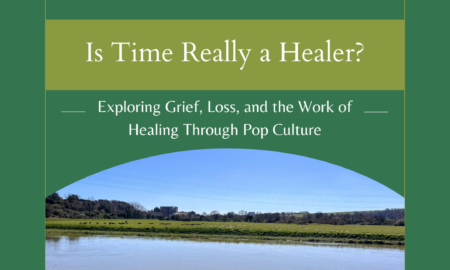
Is Time Really a Healer?
Pop Culture and Loss I recently finished the Netflix series One Day. (Spoiler alert—if you haven’t seen it yet, you might want to pause here and come back once you…
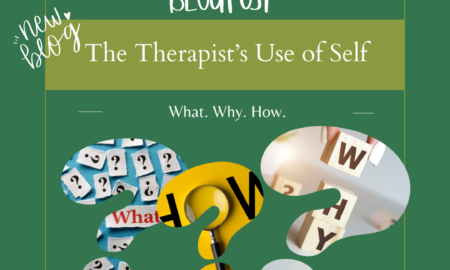
The Therapists Use of Self in Psychotherapy
Beyond the Blank Slate – Reconsidering neutrality in relational psychotherapy In the quiet, unfolding space of the therapy room, we are often taught to be the steady presence – the…
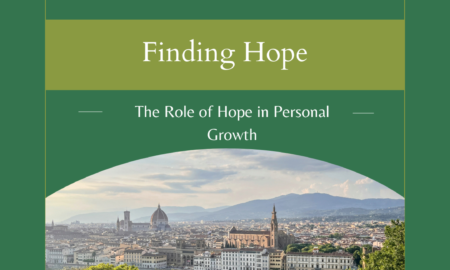
Finding Hope
Why Hope Matters on Difficult Days This morning the Happiful magazine newsletter landed in my inbox and the title of the newsletter was “It’s OK to look for hope”. It…

What is Mature Love?
Creating Meaningful Connections Mature love, what is it? I’m not talking about being 80 years old and holding hands on a walk through the park here. I am talking about…
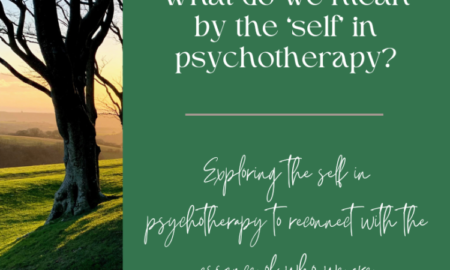
What Do We Mean by ‘The Self’ in Psychotherapy?
Understanding the Concept of the Self The concept of “the self” is central to psychotherapy, yet it can feel elusive and abstract. As therapists, we often talk about self-awareness, self-development,…
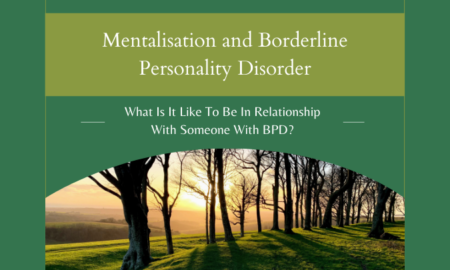
In a Relationship with Someone with BPD?
Being in a relationship with someone who has Borderline Personality Disorder (BPD) can be emotionally intense and, at times, confusing. You may experience moments of deep connection, only to be…

New Year, Fresh Start: How Reflection Fuels Personal Growth
As the New Year begins, many of us feel a renewed sense of purpose, setting resolutions that reflect our hopes for personal growth and change. While it’s true that committing…

The Value of Downtime
In our fast-paced world, where productivity and constant connectivity are often celebrated, the concept of downtime can feel counterintuitive or even indulgent. However, taking time to rest and recharge is…
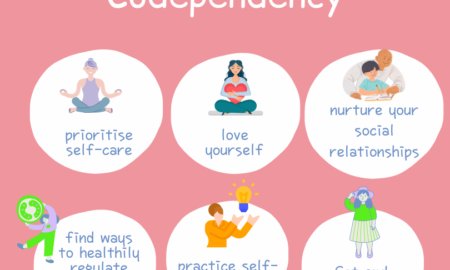
Navigating the Maze of Codependency
Welcome, avid seekers of psychological insight, to a jump into the labyrinthine world of codependency. Within the intricate tapestry of human relationships, codependency weaves a subtle yet pervasive thread, often…

Your Life Story
Your Life Story One of the core theories of Transactional Analysis is the notion of a life script. Put simply, a life script is a pre-conscious life plan that determines…

Why We Crave Connection
In a world filled with digital distractions and constant busyness, it’s easy to forget just how essential human connection is to our well-being. But the truth is, we all crave…
Ready to Make a Change? Book an Initial Consultation Today
If you have any questions at all about therapy or would like to make an appointment, get in touch. I will usually be able to respond to you within 24 hours.
